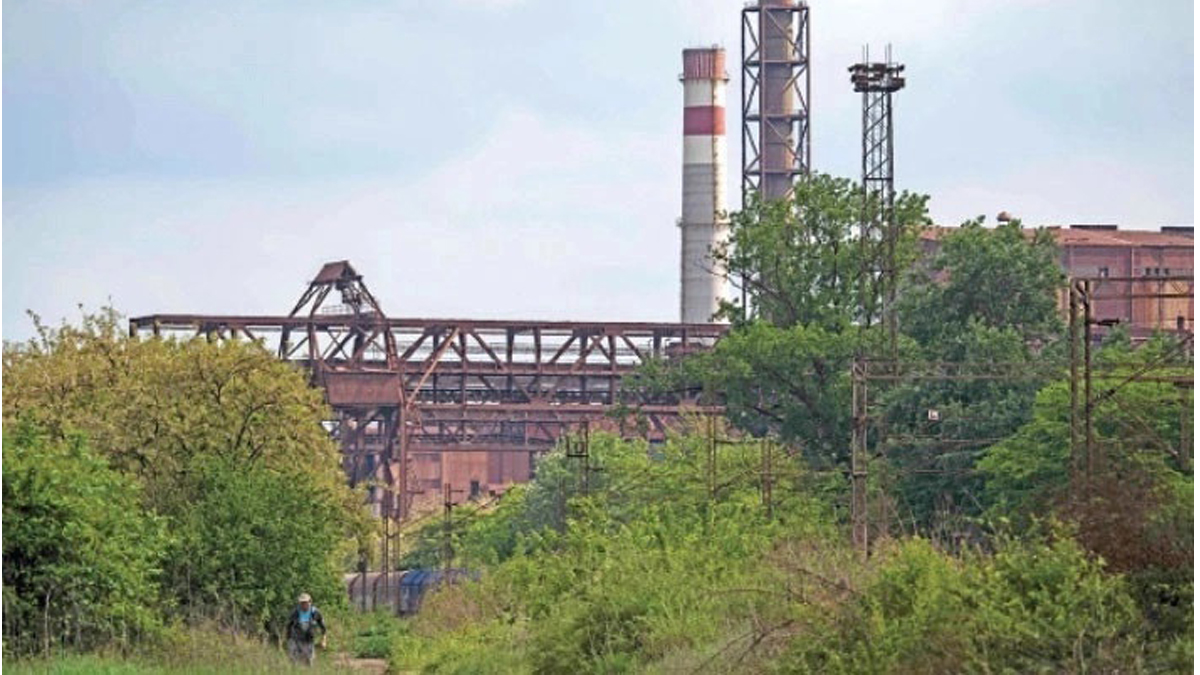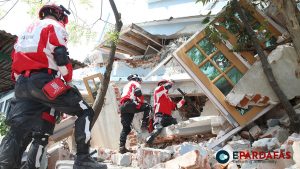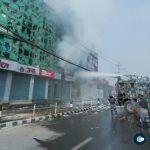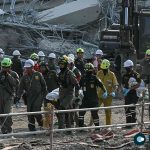
Toxic Dust and Health Crisis: The Dark Side of Chinese Business in Serbia

In the quaint village of Radinac, Serbia, the air is often thick with red dust, a constant reminder of the environmental cost of economic progress. Since the Chinese steel giant HBIS acquired a local steel mill in 2016, residents of Radinac and surrounding areas report an alarming decline in air quality and a surge in health issues.
Residents describe Radinac, near the city of Smederevo, as the “red village” due to a persistent layer of red dust that covers homes, vehicles, and playgrounds. Local citizen Zvezdan Veljkovic lamented, “There are times of the day when breathing normally is impossible,” highlighting the severe impact on daily life.
This distressing situation coincides with Chinese President Xi Jinping’s visit to Serbia, his first since the pandemic began and a stark contrast from the celebratory atmosphere during his 2016 trip that marked the steel mill’s acquisition. Despite the economic benefits touted by both countries, with Serbia and China signing a free-trade agreement and heralding a “deep friendship,” the environmental and health toll on Serbian communities paints a different picture.
Health data from the local Smederevo Health Centre indicates a startling increase in cancer rates, quadrupling between 2011 and 2019. While direct causation is hard to prove, many believe this rise is linked to the pollutants emitted by the steel mill. Nikola Krstic from the NGO Tvrdjava said, “Pollution has soared since the Chinese takeover,” citing possible factors like high production rates, technological failures, and regulatory non-compliance.
An independent analysis conducted by Tvrdjava and the National Environmental Association in 2021 found high concentrations of arsenic, chromium, and lead in the dust — all recognized as highly toxic and carcinogenic. These findings underscore the severe risks to public health and the environment posed by the mill’s operations.
Despite these alarming revelations, local efforts to hold the responsible parties accountable have faced setbacks. A criminal complaint filed against the steel mill was dismissed due to lack of evidence, pushing advocates to consider escalating their fight to the European Court of Human Rights.
The situation in Smederevo is emblematic of a broader pattern of Chinese investment in Serbia and the Balkans, where economic incentives often overshadow environmental and health considerations. While Serbian officials, like Minister of Internal and Foreign Trade Tomislav Momirovic, praise the unprecedented level of cooperation with China, critics argue that the true cost of this partnership is being borne by the local population.
As Xi Jinping continues his tour, the people of Smederevo and surrounding areas remain caught between the promises of economic salvation by foreign investment and the harsh realities of an unfolding environmental and health crisis. The struggle for a cleaner, safer environment continues as these communities grapple with the dark side of global industrial expansion.












Comments